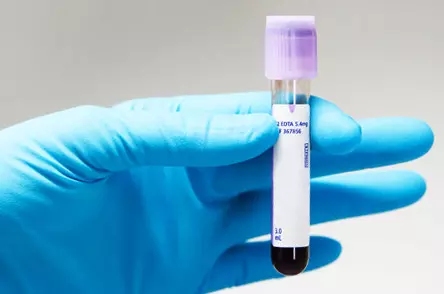How Do You Feel About Screening?

If you’re like most men age 40+, you probably get your PSA (prostate specific antigen) test when you go for a physical that includes a blood draw. You learned either from your doctor, or a health promotion, that men should get a baseline PSA at age 45 (40 if you have known risk factors) and keep reading



